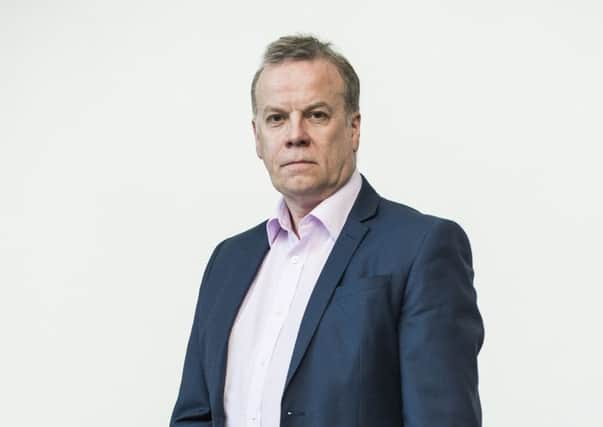Comment: Bonus gravy train | Starbucks decline


Profits fell last year by 32 per cent, and another profits warning was issued yesterday for the current year. However, the bonus pool has risen by 10 per cent. The bank, of course, was forced to lift bonuses to stop its talented staff from leaving. Presumably, that will be the same talented staff responsible for the 32 per cent fall in profits.
This should come as no surprise. In the aftermath of the crash, when the hand-wringers were claiming moral outrage and demanding that “something must be done”, it was obvious that the only winners in this would be the bankers themselves. They have found ways around every law, directive and new code of practice thrown at them.
Advertisement
Hide AdAdvertisement
Hide AdThe vote yesterday also proved that, in spite of some admirable opposition, notably from Standard Life Investments (SLI), big City investors are happy to acquiesce and vote with their wallets. They are all in this together.
Actually, SLI, which owns 1.92 per cent of Barclays, has to be careful about claiming the moral high ground on this issue. This is the same Standard Life which pays its own executives handsomely.
In fairness, its reasons for voting against the pay package were based on Barclays’ performance, the rise in bonuses while holding the dividend, and the impact on its reputation. SLI could reasonably claim that none of these are issues facing its own management.
A more unsavoury element yesterday was the arrogant put-downs from the stage. The chairman of the remuneration committee, Sir John Sunderland, reprimanded Alison Kennedy of SLI for complaining in public. Has he forgetten the purpose of an annual general meeting?
Crawford Gillies, who chairs Scottish Enterprise, is due to succeed Sunderland later this year and shareholders will hope that the list of excuses are not replayed at the 2015 annual meeting. But none should hold their breath.
Starbucks feels the heat of consumer power
THEY say the consumer is king, though often it seems like the consumer never gets heard against the booming voice of big companies.
Occasionally, there is a breakthrough, and it appears that the consumer has played a part in the row over the low tax bill paid by US coffee chain giant Starbucks.
Revenue in the UK is down for the first time in 16 years. Some of this will be a result of the explosive growth of rival chains, and some simply because of personal preference or the desire to try somewhere new.
Advertisement
Hide AdAdvertisement
Hide AdThe British, however, have always had an issue with big companies. The banks got too big, and then the energy companies, and “bigness” is equated with too much power. Lately, the consumer has deserted the big four supermarket chains in favour of smaller or more niche competitors.
But there is nothing the Brits hate more about business than greed and unfairness. Tax avoidance is as big an issue as any on the corporate social responsibility agenda.
In response to the criticism, Starbucks has not only agreed to pay £20 million in corporation tax over two years, it is also relocating its headquarters from the Netherlands to the UK where it will be liable for tax.
Twitter: @TerryMurden1